ROADS
![Small map Romania]()
Roads map Road situation Meteo warning Hydro warning
- E60/DN1 Oradea-Cluj
- E60 Cluj-Sighișoara
- E60 Sighișoara-Sinaia
- E68 Sibiu-Brașov
- E70/DN59 Timișoara-Moravița
- E79/DN76 Oradea-Deva
- E671/DN79 Oradea-Timișoara
- DN1c Halmeu-Răstoci
- DN1f Zalău-Cluj
- DN1f Zalău-Cluj
- DN1g Huedin-Tihău
- DN1h Răstoci-Aleșd
- DN1r Huedin-Albac
- DN7c (Transfăgărășan)
- DN13a Bălăușeri-M. Ciuc
- DN14 Sighișoara-Sibiu
- DN14a Iernut-Mediaș
- DN14b Copșa Mică-Teiuș
- DN18 Sighetu Marmației-Baia Mare
- DN18b Baia Mare-Cășeiu
- DN57 Moravița-Orșova
- DN75 Lunca-Turda
- DN79a Vărsand-Vârfurile
- DJ109f Ferești-Gâlgău
- DJ196 Supuru de Jos-Benesat
- DJ763 Sudrigiu-Padiș
ACCOMODATION
![Small map Romania]()
- Albac (DN75)
- Arad
- Arieșeni (DN75)
- Baia Mare
- Băile 1 Mai (DN76)
- Băile Felix (DN76)
- Băița (DN75)
- Bălcești (DN1r)
- Bălnaca (E60)
- Bazna
- Beiuș (DN76)
- Beliș (DN1r)
- Bistra (DN75)
- Boga - Între Râuri
- Bologa (E60)
- Brădet (DN76)
- Brașov
- Brăzești (DN75)
- Câmpani (DN75)
- Căpușu Mare (E60)
- Chișcău (DN76)
- Cluj-Napoca
- Colțești (DN75)
- Cornești (DN75)
- Curtea de Argeș
- Fântânele (DN1r)
- Florești (E60)
- Gârda de Sus (DN75)
- Horea (DN1r)
- Huedin (E60)
- Izvorul Crișului (E60)
- Lacul Leșu (E60)
- Lugașu de Jos (E60)
- Luna de Sus (E60)
- Lupșa (DN75)
- Mătișești (DN1r)
- Mediaș
- Miercurea Ciuc
- Moldovenești (DN75)
- Muntele Băișorii
- Odorheiu Secuiesc
- Oradea
- Padiș - Cetățile Ponorului
- Peșt. Scărișoara (DN75)
- Pocola (DN76)
- Poiana_Horea (DN1r)
- Răchițele (E60)
- Râșca (DN1r)
- Remetea (DN76)
- Rimetea (DN75)
- Sălciua de Jos (DN75)
- Salonta (DN79)
- Sâmbăta (DN76)
- Sâncraiu (DN1r)
- Săvădișla (E60)
- Scărișoara (DN75)
- Scrind Frăsinet (E60)
- Sibiu
- Sighetu Marmației
- Sighișoara
- Sinaia
- Smida (DJ763)
- Târgu Mureș
- Timișoara
- Tinca (DN79)
- Turda
- Vadu Crișului (DN1)
- Vadul Moților (DN75)
- Vălișoara Gorges
- Vârtop (DN75)
- Vidolm (DN75)
- Vidra (DN75)
- Zalău
TOP 5
-
Top 5 Castles
Top 5 Lakes
Top 5 Monasteries
Top 5 Fortresses
Top 5 Caves
Top 5 Churches
Top 5 Palaces
Top 5 Waterfalls
Top 5 Panoramic roads
Top 5 Museums
Top 5 Gorges
Top 5 Resorts




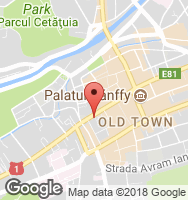



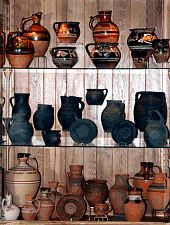

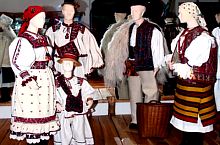






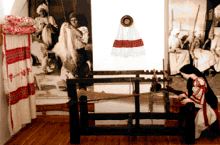




 Untold festival
Untold festival



 Pension Déja Vu
Pension Déja Vu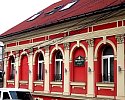 Pension Siago
Pension Siago Hotel Transilvania
Hotel Transilvania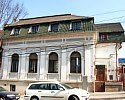 Pension Vidalis
Pension Vidalis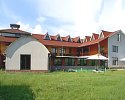 Pension Casa Zânelor
Pension Casa Zânelor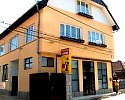 Pension Iozefini
Pension Iozefini